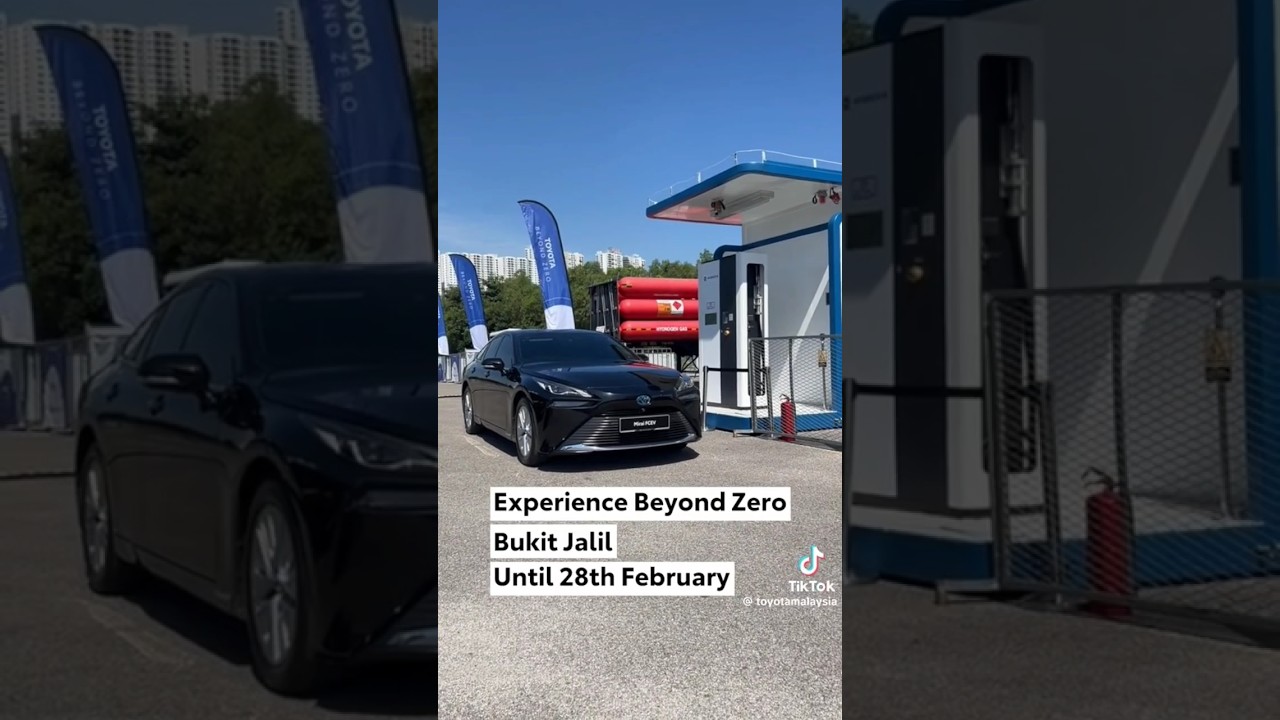
Certainly! Here’s a detailed description of Toyota Motor Corporation:
—
**Toyota Motor Corporation: A Comprehensive Overview**
**Introduction:**
Toyota Motor Corporation is a Japanese multinational automotive manufacturer headquartered in Toyota City, Aichi, Japan. Founded by Kiichiro Toyoda in 1937, Toyota has grown to become one of the largest automobile manufacturers in the world. Known for its commitment to quality, innovation, and sustainability, Toyota has a rich history of producing a wide range of vehicles that cater to diverse markets and customer needs.
**Company History:**
The roots of Toyota can be traced back to the early 20th century when Sakichi Toyoda, Kiichiro Toyoda’s father, founded the Toyoda Spinning and Weaving Company. Kiichiro Toyoda, inspired by the burgeoning automotive industry, established Toyota Motor Corporation with the vision of creating automobiles that would enrich people’s lives. In 1936, Toyota produced its first passenger car, the Model AA, marking the beginning of its journey in the automotive industry.
**Global Presence:**
Toyota has established a formidable global presence with manufacturing plants and sales networks spanning across more than 170 countries and regions. The company operates numerous subsidiaries and affiliates, including Lexus, Daihatsu, Hino Motors, and Toyota Financial Services, further expanding its reach in the automotive market.
**Product Portfolio:**
Toyota offers a diverse portfolio of vehicles that cater to various segments of the market, including passenger cars, trucks, SUVs, and hybrid/electric vehicles. Some of its popular models include the Toyota Corolla, Camry, RAV4, Prius, Tacoma, and Tundra. Additionally, Toyota’s luxury division, Lexus, offers premium vehicles known for their exceptional craftsmanship and cutting-edge technology.
**Innovation and Technology:**
Toyota has been at the forefront of automotive innovation, continuously investing in research and development to enhance vehicle performance, safety, and fuel efficiency. The company pioneered the development of hybrid electric vehicles with the introduction of the Toyota Prius in 1997, leading the way towards sustainable mobility. Toyota’s commitment to innovation is evident in its development of advanced safety features, autonomous driving technology, and alternative fuel solutions, such as hydrogen fuel cell vehicles.
**Environmental Sustainability:**
As a leader in the automotive industry, Toyota places a strong emphasis on environmental sustainability and corporate social responsibility. The company has set ambitious goals to reduce carbon emissions, minimize waste, and conserve natural resources throughout its operations. Toyota’s Environmental Challenge 2050 outlines its commitment to achieving net-zero carbon emissions and promoting a circular economy through initiatives such as vehicle electrification, renewable energy adoption, and eco-friendly manufacturing practices.
**Quality and Reliability:**
Toyota is renowned for its unwavering commitment to quality and reliability. The Toyota Production System (TPS), inspired by principles of lean manufacturing, emphasizes continuous improvement and waste reduction to ensure the highest standards of product quality. This relentless focus on quality has earned Toyota numerous accolades and awards, solidifying its reputation as a trusted and dependable automotive brand.
**Corporate Culture:**
Toyota’s corporate culture is deeply rooted in its founding principles of respect for people and continuous improvement (kaizen). The company places a strong emphasis on teamwork, collaboration, and employee empowerment, fostering a culture of innovation and excellence. Toyota’s renowned “Toyota Way” philosophy guides its operations and decision-making processes, shaping its approach to business management and customer service.
**Challenges and Opportunities:**
Despite its success, Toyota faces various challenges in an increasingly competitive and dynamic automotive landscape. Rapid technological advancements, shifting consumer preferences, and geopolitical uncertainties present both opportunities and risks for the company. However, Toyota’s long-term strategic vision, robust R&D capabilities, and strong brand reputation position it well to navigate these challenges and continue driving innovation in the automotive industry.
**Conclusion:**
Toyota Motor Corporation stands as a shining example of automotive excellence, with a rich heritage of innovation, quality, and sustainability. From its humble beginnings as a fledgling automaker to its current status as a global powerhouse, Toyota remains committed to its core values of customer satisfaction, environmental stewardship, and social responsibility. As the automotive industry evolves, Toyota’s unwavering dedication to excellence ensures that it will continue to shape the future of mobility for generations to come.
—
source





